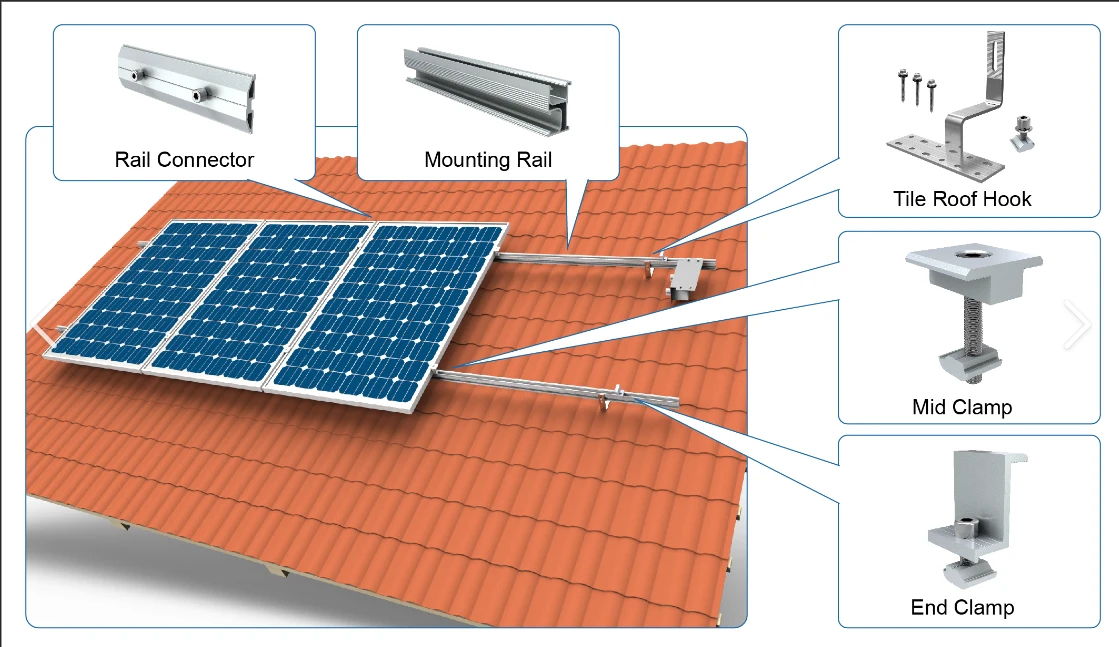3kw hybrid inverter
Understanding the 3kW Hybrid Inverter A Comprehensive Guide
As the world increasingly shifts towards sustainable energy solutions, hybrid inverters have emerged as a critical component of this transition. Among the various types of inverters available, the 3kW hybrid inverter stands out for its versatility and efficiency, making it a popular choice for both residential and commercial applications. In this article, we will explore the features, benefits, and considerations associated with 3kW hybrid inverters.
What is a Hybrid Inverter?
A hybrid inverter is a device that combines the functions of a solar inverter and a battery inverter. Unlike traditional inverters, which primarily convert direct current (DC) generated by solar panels into alternating current (AC) for household use, hybrid inverters can manage energy from multiple sources. This includes solar panels, battery storage systems, and the grid. The ability to integrate these energy sources makes hybrid inverters particularly appealing for those looking to enhance their energy independence and resilience.
The 3kW Rating
The 3kW designation refers to the inverter's maximum output power capacity of 3 kilowatts. This rating is significant because it determines how much energy the inverter can convert and supply to your home or business at any given moment. For many households, a 3kW hybrid inverter provides ample power for essential appliances, lighting, and heating, making it suitable for smaller homes or energy-efficient dwellings.
Key Features of 3kW Hybrid Inverters
1. Multi-Source Integration A 3kW hybrid inverter can efficiently manage energy from solar panels, local grid electricity, and battery storage. This flexibility allows users to optimize their energy usage based on their needs and availability.
2. Battery Storage Capabilities One of the most significant advantages of hybrid inverters is their ability to work with battery systems. By storing excess solar energy generated during the day, users can draw on this stored energy at night or during power outages, enhancing energy reliability.
3. Grid-Friendliness Hybrid inverters can interact with the grid, allowing homeowners to sell excess energy back to the grid, potentially resulting in financial savings. This feature supports net metering programs in many regions.
4. Monitoring and Management Many modern 3kW hybrid inverters come equipped with smart technology, enabling users to monitor their energy consumption and generation in real time through mobile apps or web interfaces. This visibility allows for better energy management and efficiency.
5. Ease of Installation Compared to larger industrial inverters, a 3kW hybrid inverter is relatively compact and can be installed in smaller spaces, making it an ideal choice for residential settings.
Benefits of Using a 3kW Hybrid Inverter
3kw hybrid inverter

1. Energy Independence With the ability to store and utilize solar energy, households can reduce their dependence on the grid, achieving greater energy independence and savings on utility bills.
2. Environmental Impact Using renewable energy sources helps reduce carbon footprints and contributes to a greener planet, making a 3kW hybrid inverter an environmentally friendly choice.
3. Cost-Effectiveness By maximizing solar energy usage and minimizing grid consumption, users can significantly reduce their electricity costs. Additionally, government incentives for solar energy systems can make the initial investment more affordable.
4. Resilience In areas prone to power outages or disruptions, having a hybrid inverter paired with a battery system offers enhanced reliability and security, ensuring that essential appliances continue operating even during crises.
Considerations When Choosing a 3kW Hybrid Inverter
When selecting a 3kW hybrid inverter, prospective users should consider several factors
1. Energy Needs Evaluate your household's energy consumption to determine if a 3kW inverter will sufficiently meet your needs. For larger households or those with high energy demands, a higher capacity inverter may be necessary.
2. Compatibility Ensure that the chosen inverter is compatible with your existing solar panels and battery systems, as well as local grid requirements.
3. Warranty and Support Look for brands that offer robust warranties and customer support to ensure your investment is protected.
4. Installation Consider hiring a qualified technician for installation to ensure safety and compliance with local regulations.
Conclusion
The 3kW hybrid inverter represents a practical solution for those looking to embrace renewable energy while maximizing efficiency and savings. By understanding its features, benefits, and the factors to consider, you can make an informed decision that suits your energy needs and goals. As we move toward a more sustainable future, hybrid inverters will play a crucial role in how we generate, consume, and store energy.
-
String Solar Inverter: The High-Efficiency Solution for Smart Solar EnergyNewsJul.14,2025
-
Revolutionizing Rooftop Energy with the Power of the Micro Solar InverterNewsJul.14,2025
-
Power Independence with Smart Off Grid Solar Inverter SolutionsNewsJul.14,2025
-
On Grid Solar Inverter: Powering the Future with Smart Grid IntegrationNewsJul.14,2025
-
Monocrystalline Solar Panels: High-Efficiency Power for the Future of Clean EnergyNewsJul.14,2025
-
Bifacial Solar Panel: A Smarter Investment for Next-Generation Energy SystemsNewsJul.14,2025







